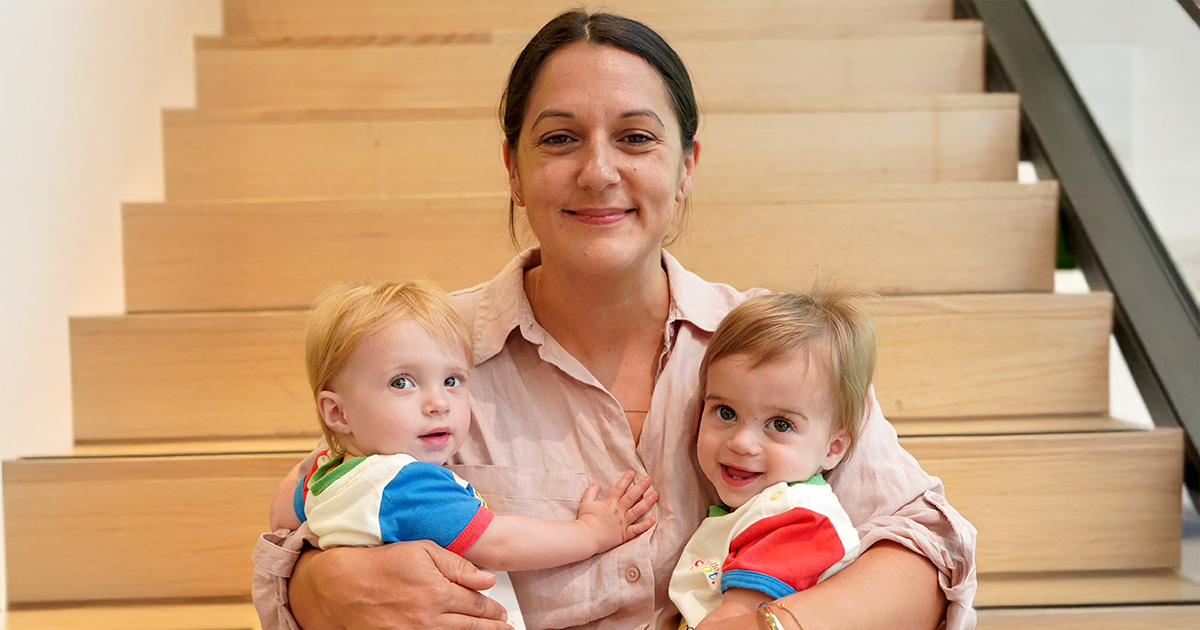Search
A new series of educational videos about managing Type 1 Diabetes and its challenges

This easy-to-use comparison device of CGM devices is designed to help you pick the right device for your family.

Flexible insulin therapy

A list of the Children's Diabetes Centre's research track record.

The period of transition between paediatric (child) services and adult-based services is a sensitive one for patients with diabetes.

The Rio Tinto Children’s Diabetes Centre is committed to increasing the community voice in diabetes research at all levels to ensure our research is

A new research study conducted by Professor Jeneva Ohan and Dr Keely Bebbington aims to develop our understanding of how adolescents navigate these disclosure decisions, and how we can support them to feel more confident when talking to others about their diabetes.

An Australian-first study, funded by Perth Children's Hospital Foundation, demonstrating the effectiveness of a new immunisation against respiratory syncytial virus (RSV) for babies found it to be almost 90 per cent effective in reducing hospitalisation rates.

Alarming statistics laying bare the social emotional wellbeing and mental health challenges facing Aboriginal and Torres Strait Islander LGBTQA+ youth are driving a multi-partner program to provide them with greater support.

In 2006, when a Japanese scientist building on the earlier work of a British biologist discovered a way to reprogram adult cells into other cell types – making them ‘pluripotent’ – the scientific world was entranced.
